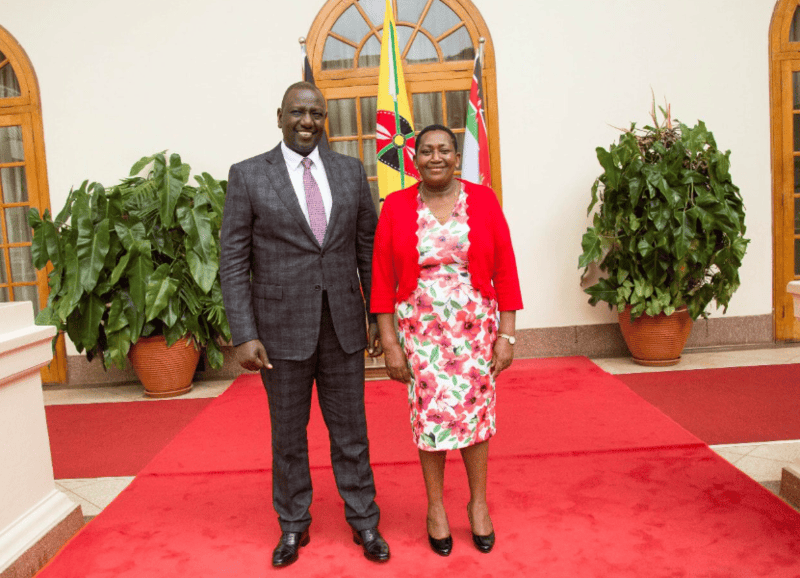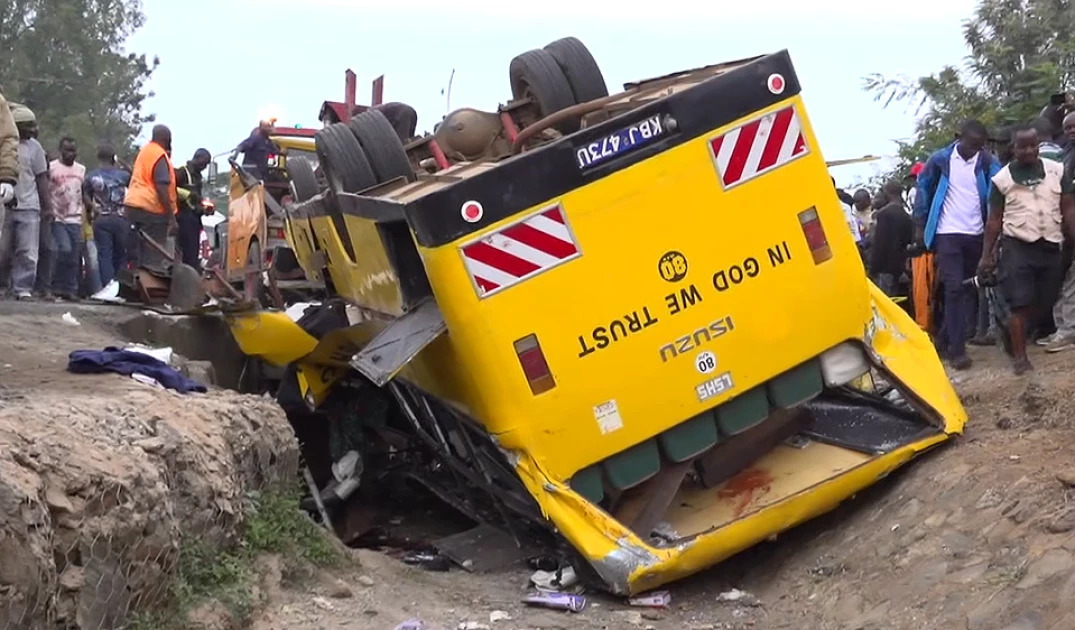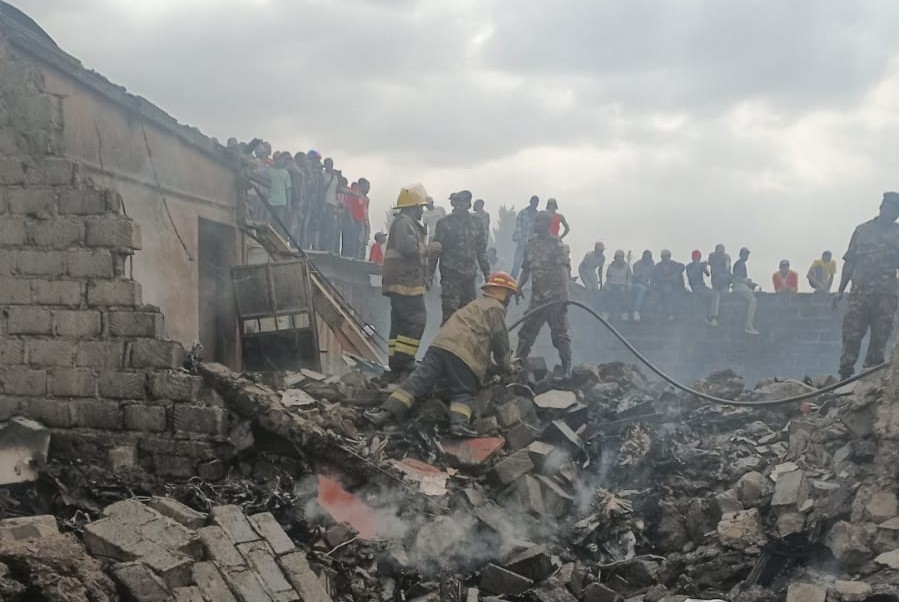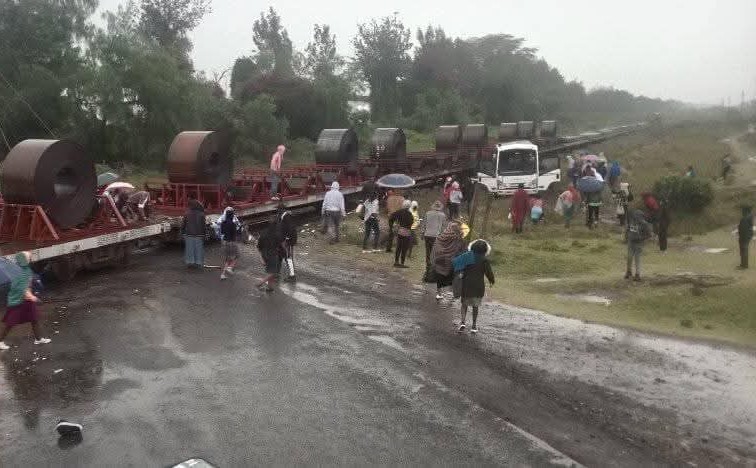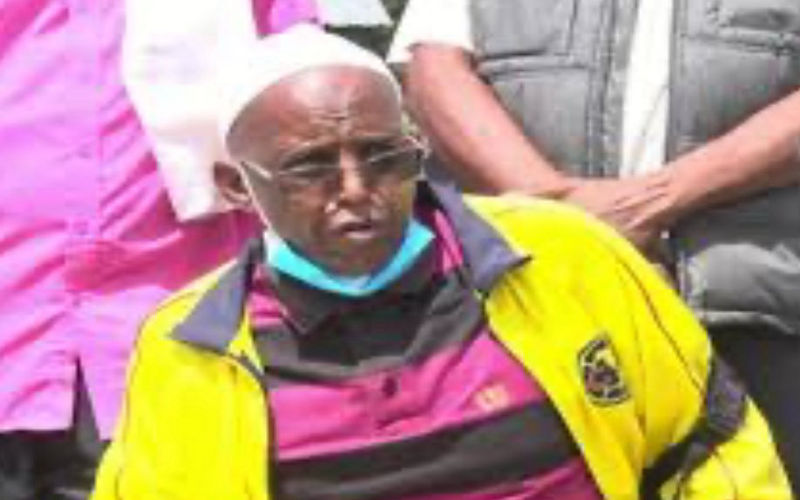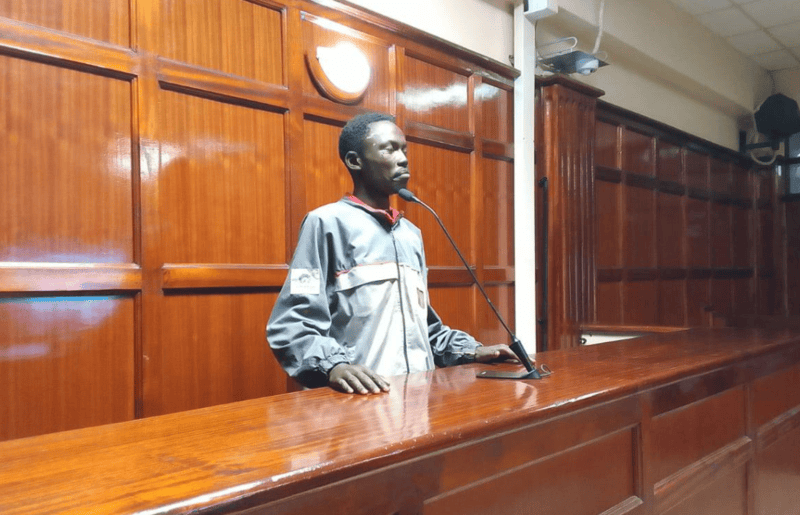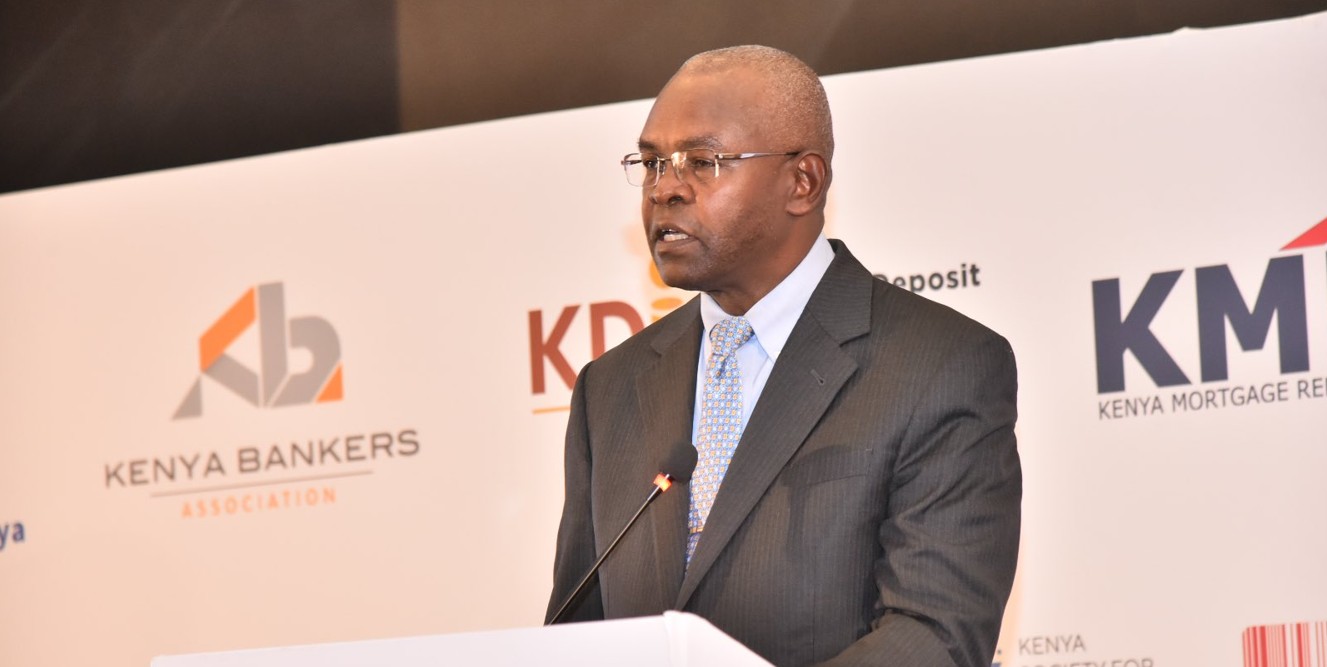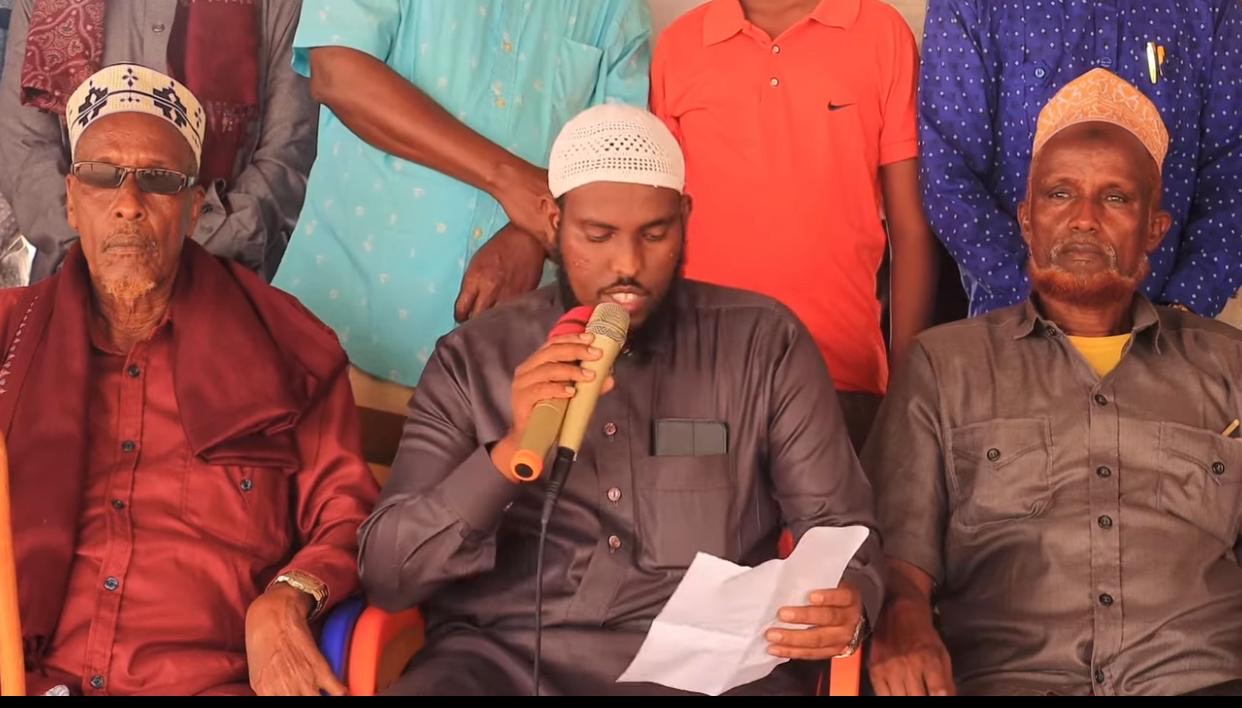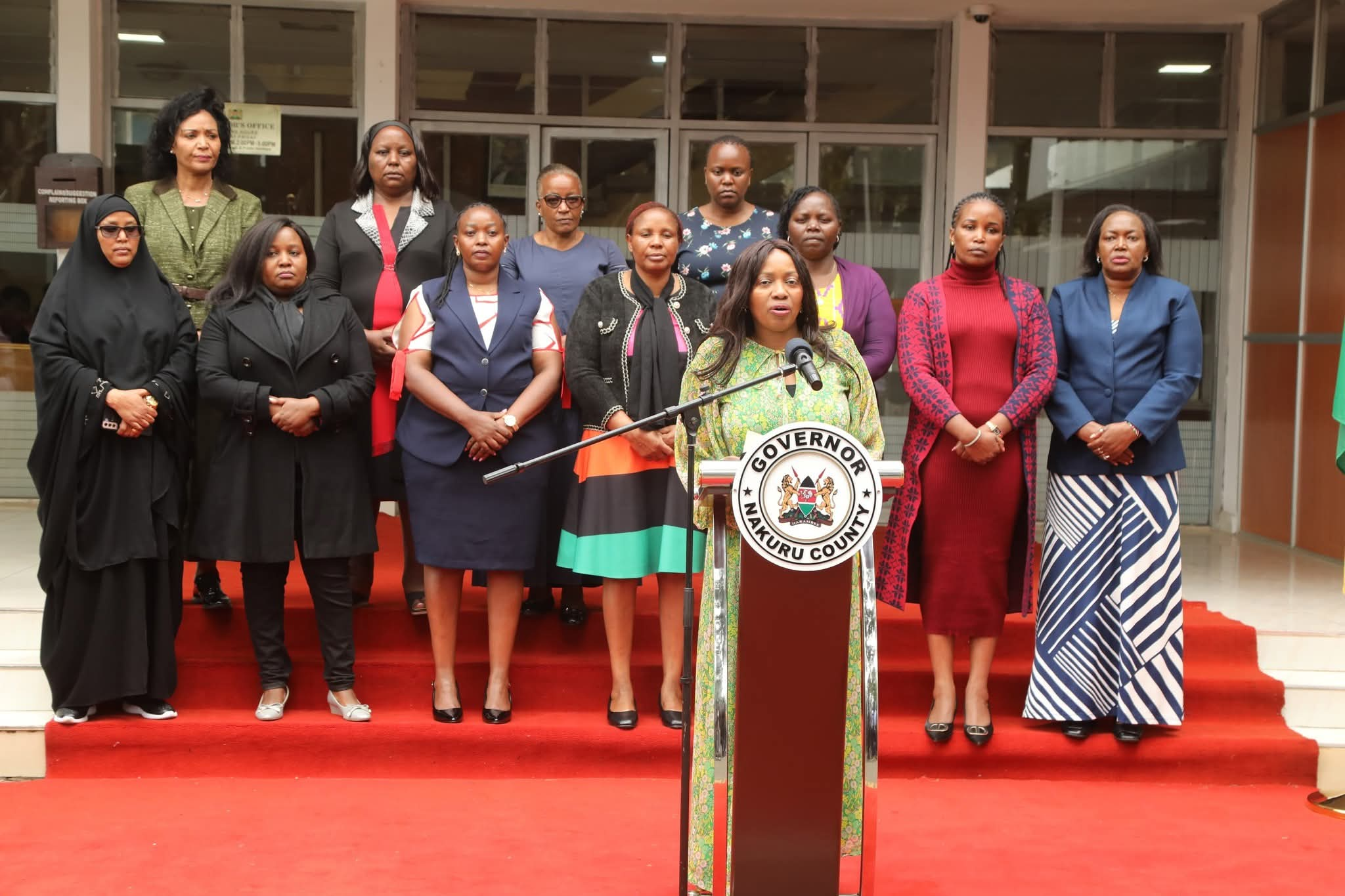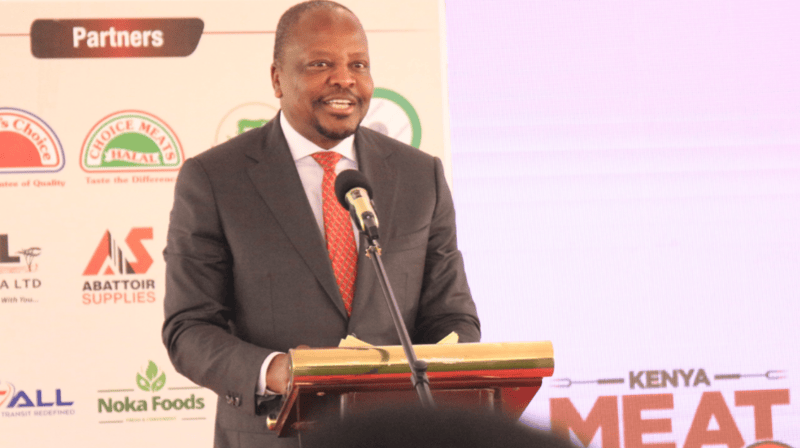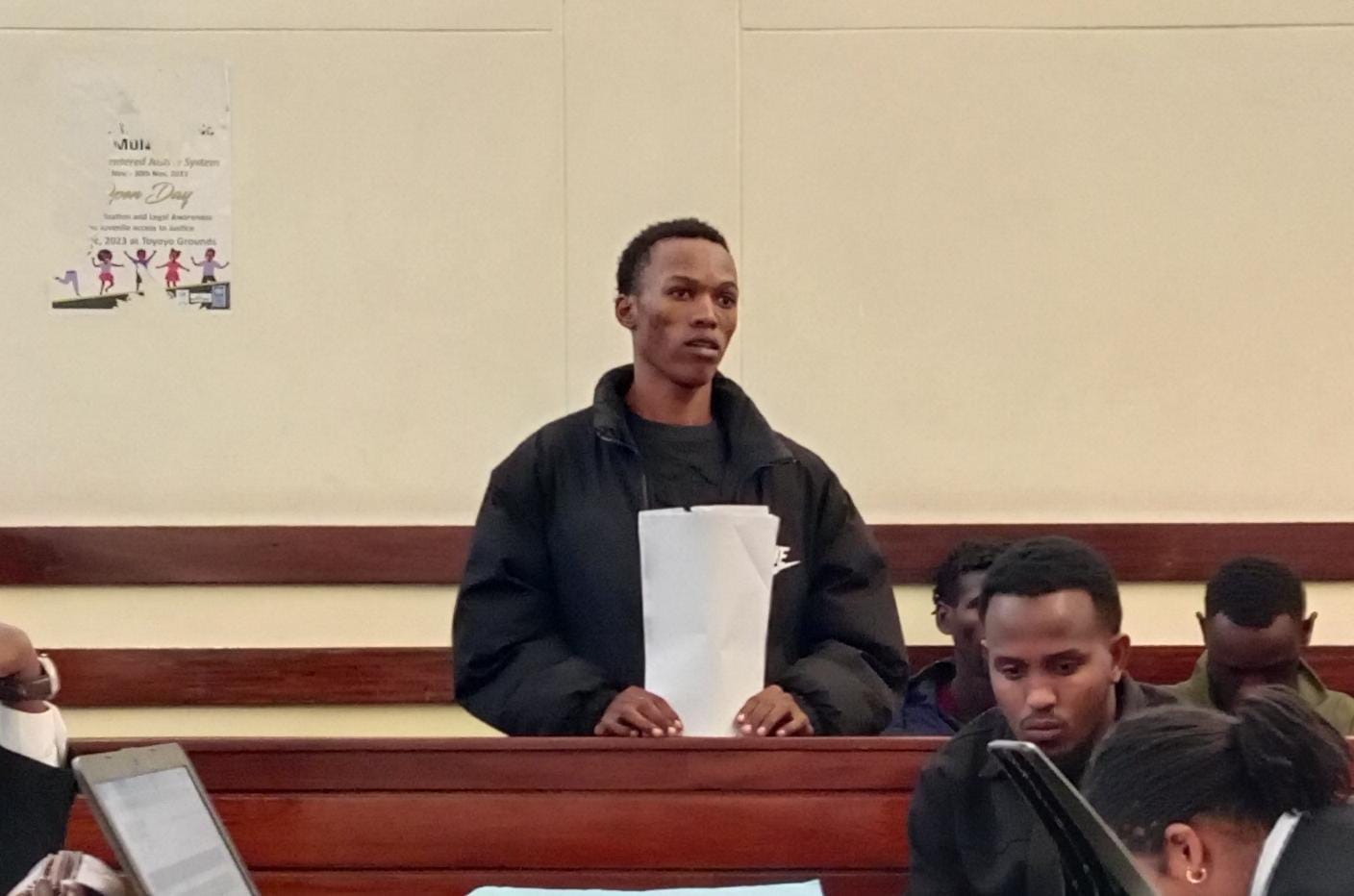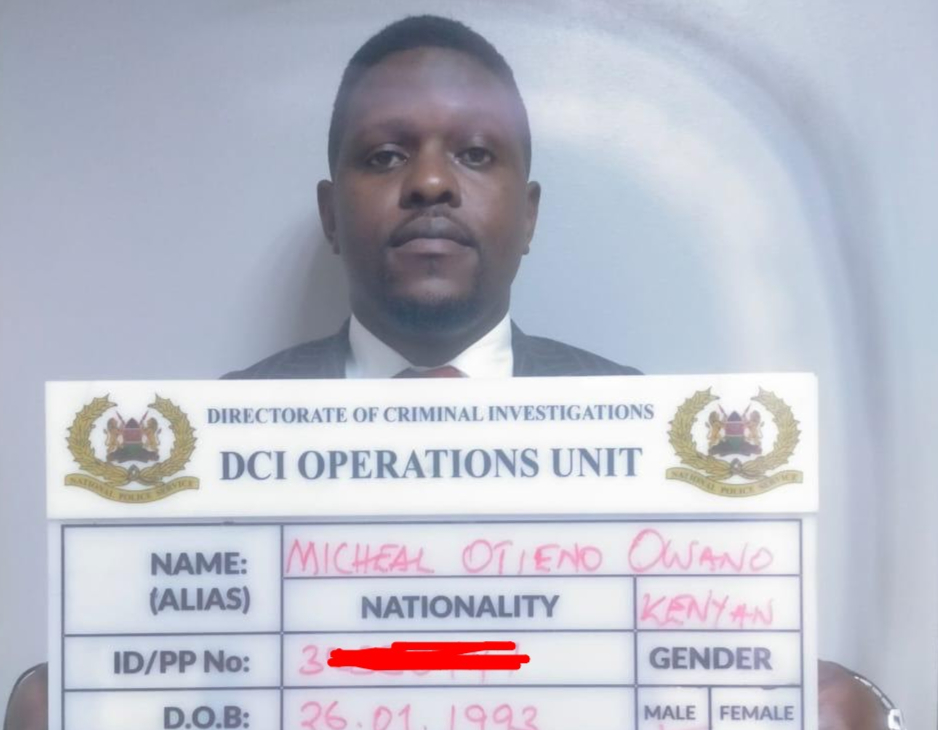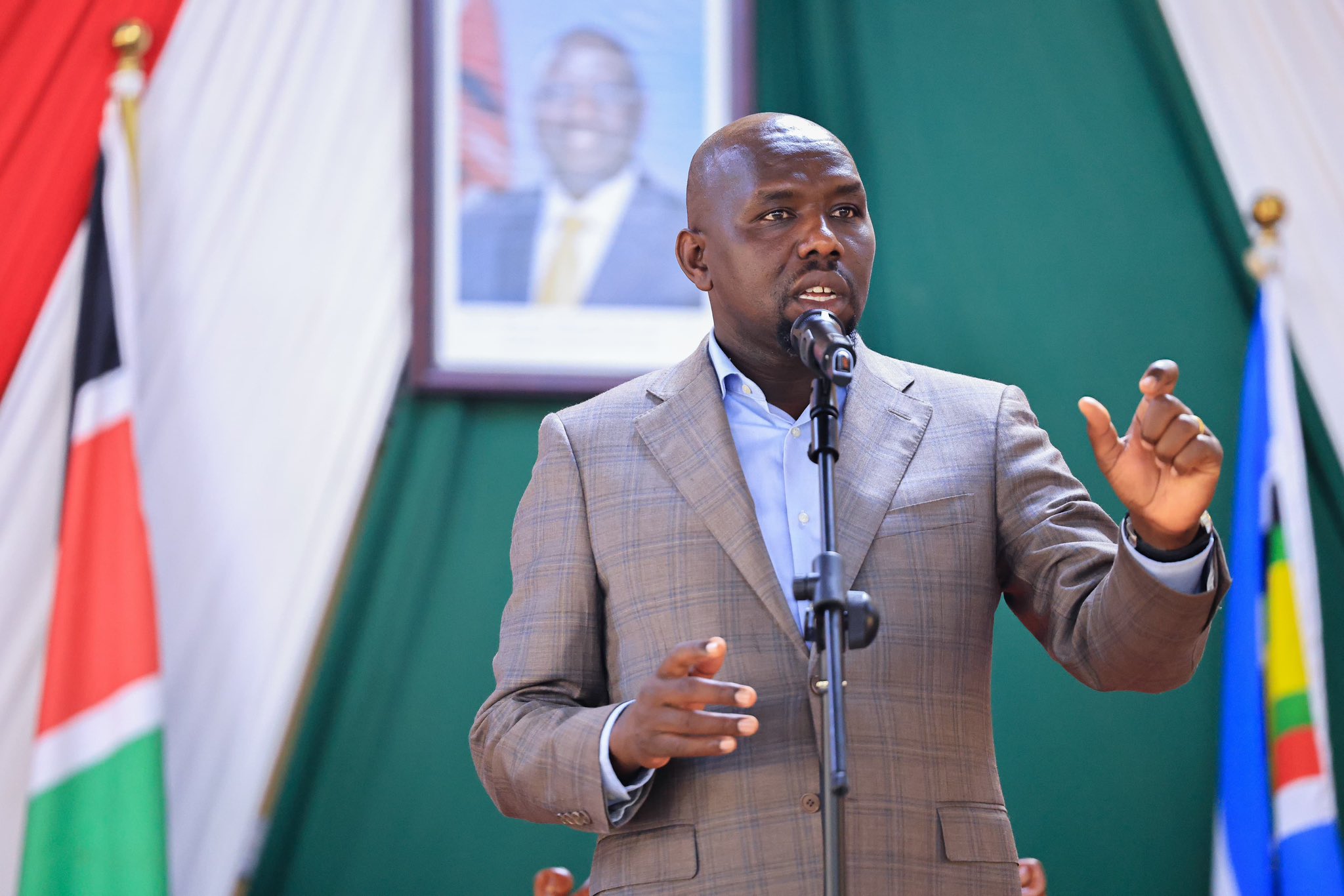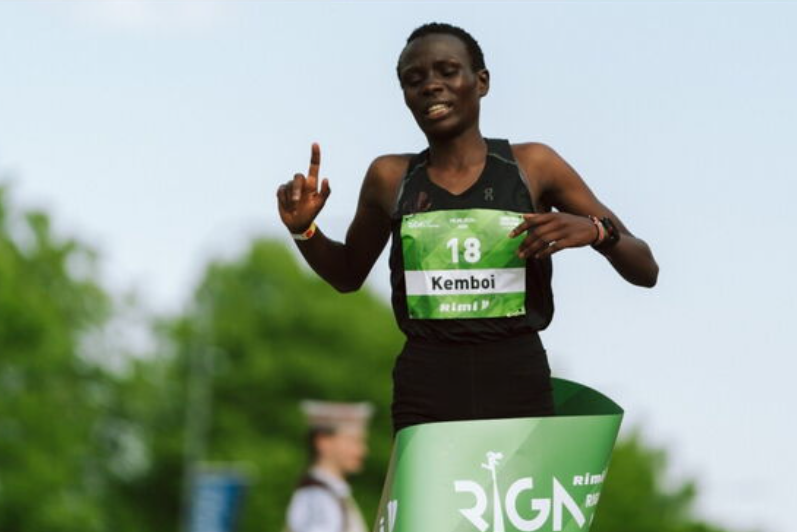Opinion: Kenyans must shun retrogressive hatred arising from revenue-sharing debate
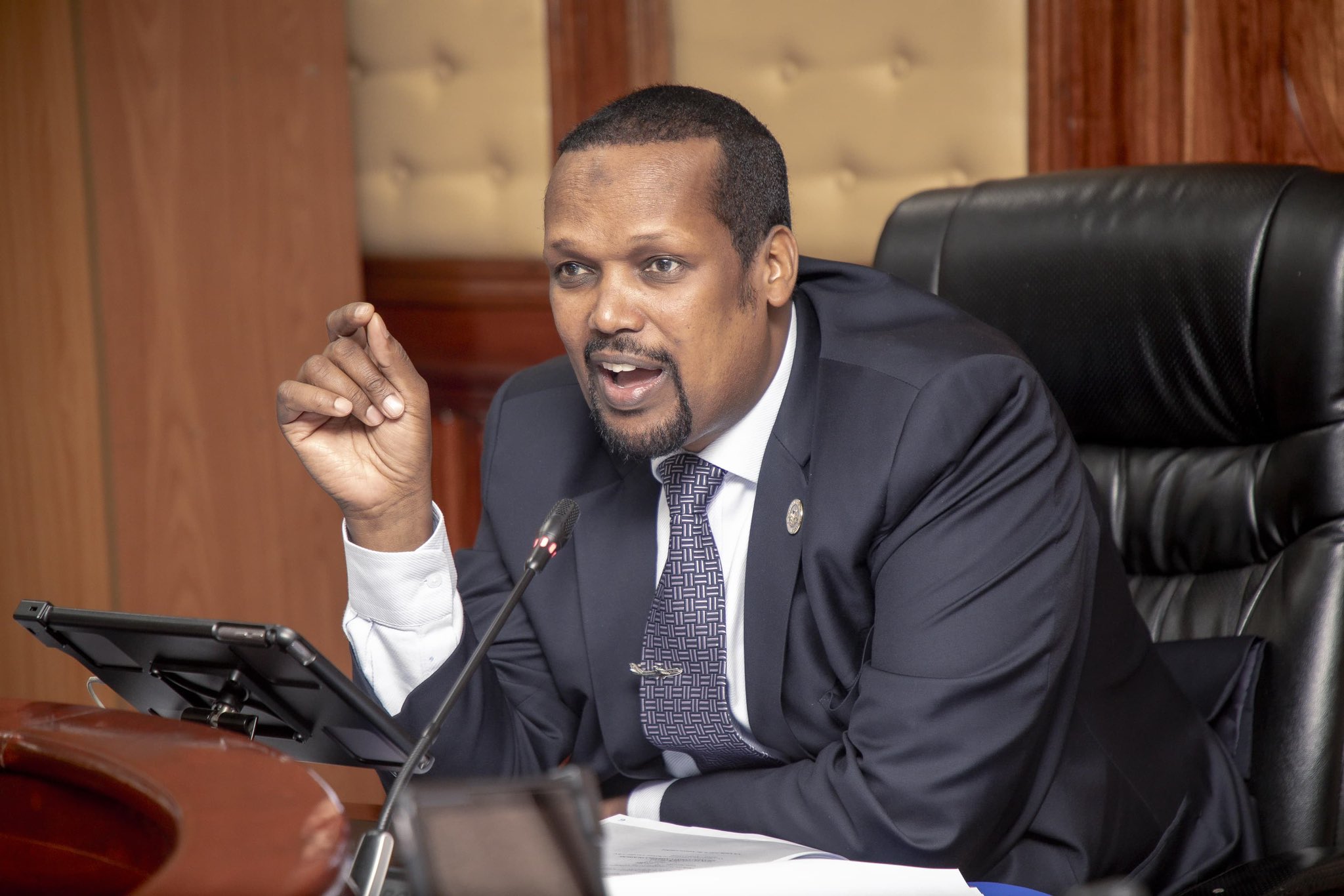
"We should learn from each other, trade with each other, add value to each other, and avoid unnecessary, retrogressive hatred that only leads to lose-lose outcomes."
Amid deliberations on the Finance Bill 2024-2025, the one man, one shilling, one vote resource-sharing formula has taken centre stage, with leaders and the public sharing their views on what it entails, even as citizens across Kenya agitate for fairness and an end to marginalisation.
The policy is for the allocation of resources based on an area's population.
More To Read
- Revenue talks stall as Senators warn of crisis in counties
- Music, power and politics: Gachagua-Kindiki clash exposes battle for Mt Kenya’s cultural influence
- Duale to former CS Justin Muturi: There’s nothing wrong with me being close to seat of power
- Ichung’wah firm after heckling during Ruto's Mt Kenya tour, vows to continue supporting President
- Inside President Ruto's five-day tour of Mt Kenya
- Makueni Senator Maanzo slams Ruto’s Mount Kenya visit as politically motivated
Among the politicians who have shared their views, is Mandera Senator Ali Roba. Below is an unedited post he wrote on the social media platform X on Sunday:
A Kikuyu friend of mine in the Senate told me not to worry about the current noise surrounding “one man, one shilling, one vote” or the perceived obsession with the small growth of Somali businesses. According to him, every election cycle, Kikuyus are given something to focus on to keep the idle minds on Mt. Kenya occupied.
Their elites believe it’s safe to give them such topics to discuss before the next general election. Sometimes, these issues are used as rallying calls by their elites to keep them engaged between elections.
Currently, they are led to believe that their underdevelopment is due to the small amount of shareable revenue going to ASAL counties, with Somalis as the main target now that Luos have stopped opposing the government. Our people easily believe this narrative.
What we never discuss is that for 20 years, the presidents of Kenya were Kikuyus (Kibaki and Uhuru), so we had absolute power and shouldn’t blame anyone else for unmet expectations. How can one rationally associate our underdevelopment with devolution funds when we controlled national resources for two decades? So, don’t worry too much, let’s just play our politics.
This conversation left me greatly disturbed and worried for the people of Mt. Kenya, as I couldn’t believe how easily they could be manipulated.
The Somali community has been trading for over 900 years, which explains their presence globally.
They are naturally resilient pastoralists who have perfected movement and are unstoppable due to their inherent traits. They didn’t migrate into present-day Kenya; the colonial boundary found them there.
They are more indigenous to this country than any other group, and nothing can threaten them. Therefore, the noise about their business expansion is meaningless.
There’s a proverb in my community that says, “The biggest thing to a goat herder is the he-goat,” because they use it as a standard for comparisons, seeing it as the most significant thing.
Similarly, Kikuyu brothers and sisters should realise that fixating on the Somali community as a small group within Kenya is unrealistic.
The Somali community is part of global nations, and their businesses are legitimate and employ many across sectors. Among our communities, only Somalis can raise capital in the hundreds of millions based on mutual trust, a unique concept that cannot be replicated elsewhere.
This explains why their growth is unstoppable and legitimate and gives them a sustainable competitive advantage.
We should learn from each other, trade with each other, add value to each other, and avoid unnecessary, retrogressive hatred that only leads to lose-lose outcomes.
Ali Roba is a politician and the leader of the United Democratic Movement (UDM) party. He was the first governor of Mandera County and served for two terms, from 2013 to 2022.
Top Stories Today
